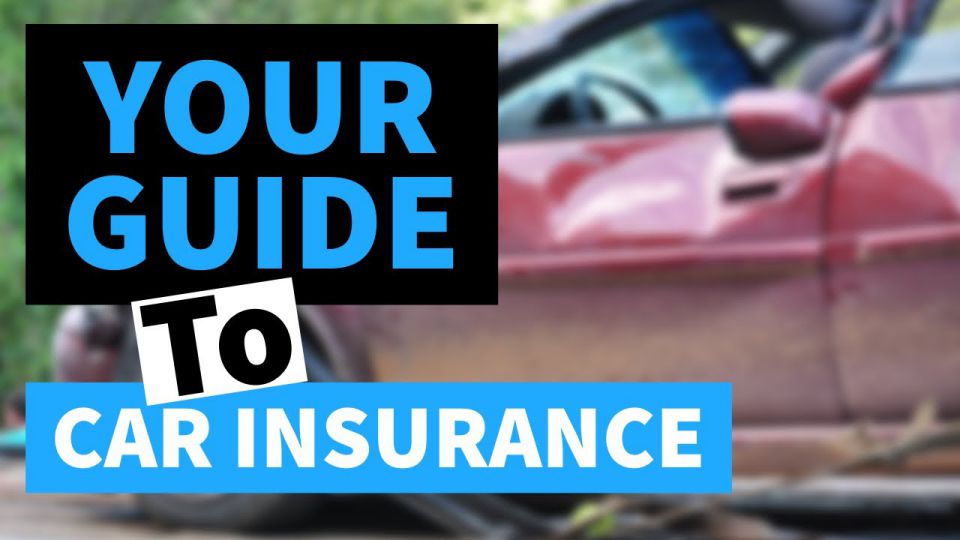Types of Car Insurance

1) Liability Car Insurance: This type of insurance covers the costs incurred by other drivers and their passengers if you’re responsible for an accident. It’s divided into two parts:
- Bodily Injury (BI) Liability: Covers medical expenses for others injured in the accident, as well as legal expenses if you’re sued.
- Property Damage (PD) Liability: Pays for repairing or replacing other people’s property damaged in the accident, like their vehicle.
2) Uninsured/Underinsured Motorist Insurance: This kicks in if you’re in an accident caused by a driver who doesn’t have insurance or doesn’t have enough to cover your expenses.
3) Collision Car Insurance: If your car collides with something, whether it’s another vehicle or a tree, collision insurance covers the cost of repairs or replacement.
4) Comprehensive Car Insurance: This covers damages that aren’t caused by a collision, like theft, vandalism, or natural disasters.
5) Personal Injury Protection (PIP): Required in some states, PIP covers medical bills for you, your passengers, and your family members, regardless of who’s at fault for the accident. It can also cover lost wages and other expenses.
6) Medical Payments Coverage (MedPay): Similar to PIP but with more limited coverage, MedPay pays for medical expenses resulting from an accident, regardless of fault.
7) Gap Insurance: If your car is totaled or stolen and you owe more on your loan or lease than the car is worth, gap insurance covers the difference.
Check This Also – Navigating Health Insurance with Humana: A Comprehensive Guide to Coverage
How much Car Insurance do you need?

Determining the right amount of car insurance for you involves considering a few key factors:
1) State Requirements: Every state has its own minimum car insurance requirements. You can usually find this information through your state’s Department of Motor Vehicles or Registry of Motor Vehicles. It’s essential to meet at least these minimums to comply with the law.
2) Finance or Lease Requirements: If you’re financing or leasing your vehicle, your lender or lessor will likely have specific insurance requirements. They typically mandate full coverage car insurance, which includes liability, collision, and comprehensive coverage, up to a certain limit. Failing to meet these requirements could violate your agreement and lead to consequences.
3) Protection for Your Assets: Consider your assets and financial situation when choosing your coverage limits. If you’re involved in an accident and found liable for damages beyond your insurance coverage, you could be personally responsible for paying the difference. Having enough insurance to cover your assets helps protect you from financial hardship in such situations.
Ultimately, the right amount of car insurance varies for each individual. It’s essential to balance meeting legal requirements, fulfilling obligations from finance or lease agreements, and ensuring adequate protection for your financial well-being. Reviewing your coverage periodically and adjusting it as needed can help ensure you have the right level of protection for your circumstances.
Check This Also – Top 5 Best Car Insurance Companies in USA
Conclusion:
Car Insurance is a vital aspect of responsible vehicle ownership. It not only fulfills legal requirements but also provides financial protection, liability coverage, and peace of mind to motorists. By investing in car insurance, individuals can drive with confidence, knowing that they are prepared for any unexpected events on the road.
